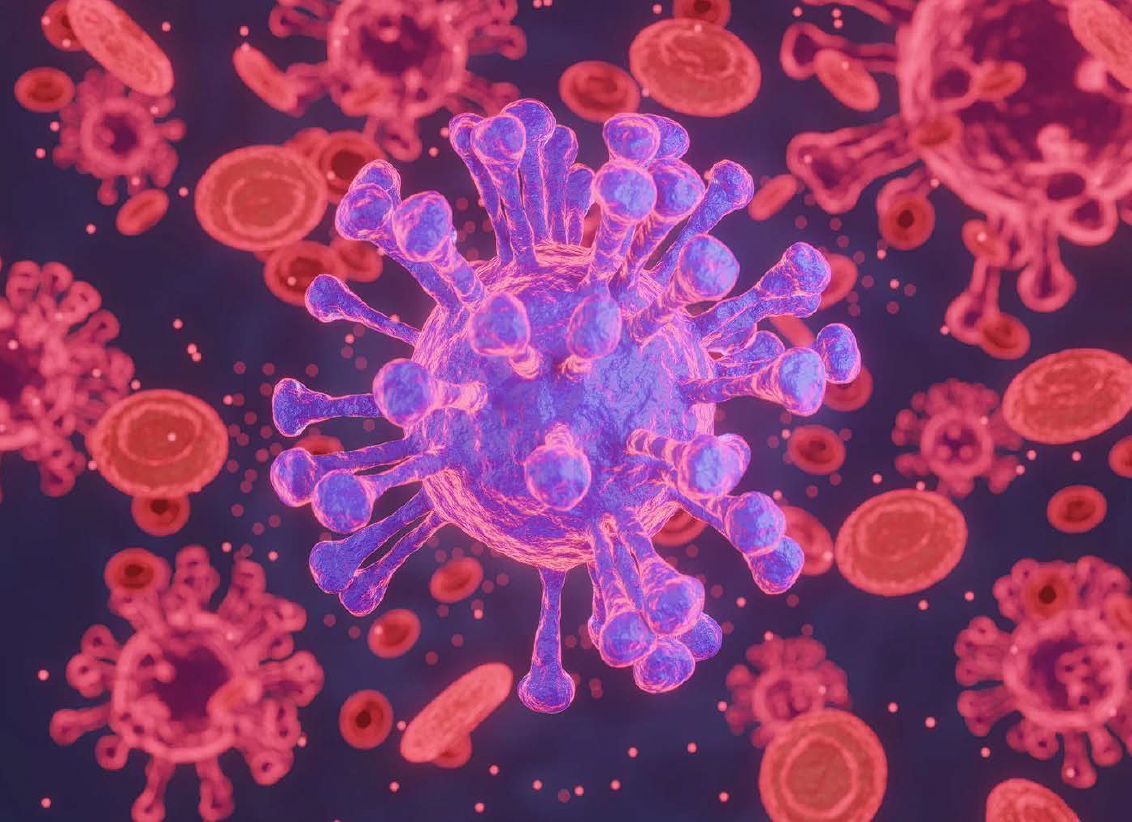Tumor Heterogeneity and Therapeutic Challenges: Exploring Approaches and Future Directions
DOI:
https://doi.org/10.52243/bptjm.v4i1.57Keywords:
tumor heterogeneity, immunotherapy, cancer, dual/multi ex vivo armed T cells, nanoRNPs, CAR T-cell therapyAbstract
Tumor heterogeneity refers to the phenomenon when tumors possess a medley of cell types, and it is one of the central challenges facing cancer treatment as it is associated with drug resistance and worse prognosis. Each cell type responds to treatment in a unique way, thus tumors with high levels of heterogeneity are not often fully treated by typical cancer therapies. There are a variety of novel treatments being developed that aim to eliminate the obstacle that heterogeneity poses by utilizing more personalized approaches. This review assesses immunotherapy, combination therapy, dual- or multi-ex vivo armed T cells, and a nano-Cas9 ribonucleoprotein system as treatment strategies. Although further research is required to ensure their clinical safety, these treatments show their potential to overcome the challenges posed by tumor heterogeneity in cancer development. This paper also discusses circulating tumor cells as a way to test therapeutic drugs and determine treatment progress.
Downloads






